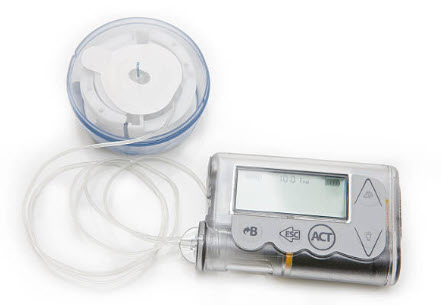The University of Cambridge has reported a successful trial of an artificial pancreas for patients with type 2 diabetes. The device, which was developed by scientists at the university, combines a glucose monitor, insulin pump, and app that uses an algorithm to predict the required amount of insulin needed to maintain glucose levels within the target range. During the trial, patients showed a significant decrease in their average glucose levels, which is a positive sign of the effectiveness of the artificial pancreas in treating type 2 diabetes.
Type 2 diabetes is a medical condition characterized by high levels of sugar in the blood, often linked to obesity, a sedentary lifestyle, or a family history of the condition. Patients suffering from type 2 diabetes often struggle to manage their blood sugar levels using currently available treatments such as insulin injections. The artificial pancreas, which has been previously effective for type 1 diabetes patients, has also been successful in patients with type 2 diabetes who require kidney dialysis.
In this trial, 26 patients were randomly divided into two groups, with one group using the artificial pancreas for eight weeks before switching to standard therapy, while the second group took the opposite approach. The patients using the artificial pancreas spent twice as much time within the glucose levels target range compared to the control group. Furthermore, no reports of dangerously low blood sugar levels were recorded, indicating that the artificial pancreas is a safe and effective alternative to current treatments.
Dr. Charlotte Boughton, who co-led the study, expressed optimism about the future of the artificial pancreas, stating that the technology is simple to use and has the potential to be implemented safely at home. For many people suffering from type 2 diabetes, the artificial pancreas offers a new and promising way to manage their blood sugar levels and improve their overall health and well-being. This development represents a significant step forward in the field of diabetes treatment and may offer hope for the millions of people worldwide who are affected by this condition.
Read more: here.
